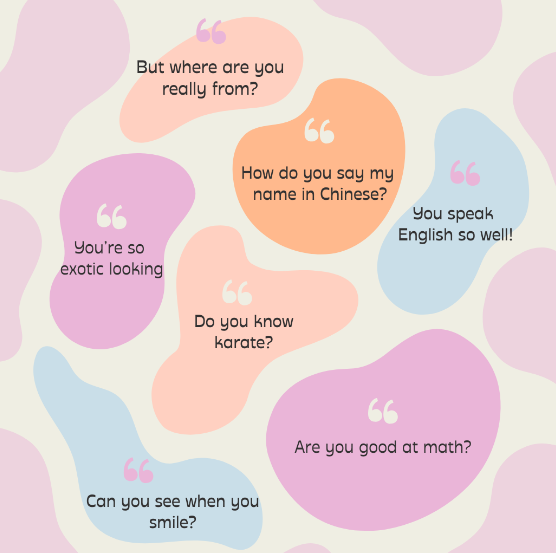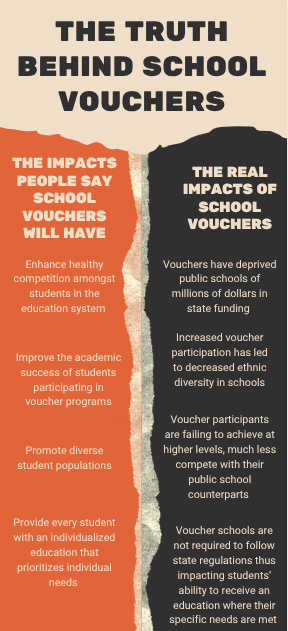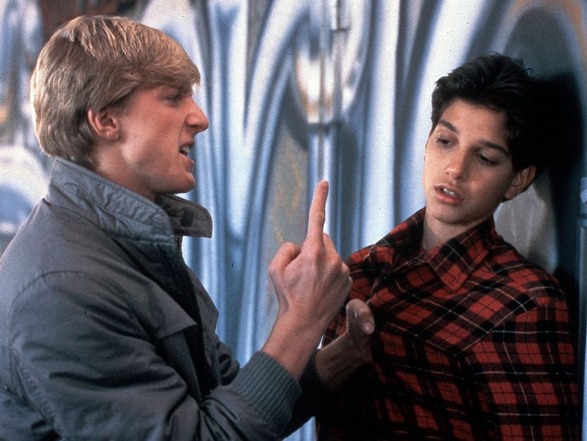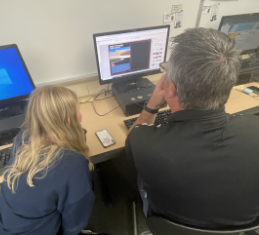It’s the offhand comment about slanted eyes.
It’s the exaggerated imitation of an accent.
It’s the apparently innocent question, “But where are you really from?”
These small cuts accumulate.
One of the most insidious aspects of racism against Asians is how frequently it is dismissed or downplayed. When people joke about accents, comment on cultural customs, or laugh about stereotypes, they often fail to recognize these moments as harmful. For many Asians, however, these small encounters are part of a larger narrative of exclusion and marginalization.
Everyday Racism, Often Ignored
Consider the experiences of many Asian Americans in daily life. Holland resident Betsy Lancaster, an Asian woman with years of professional driving experience, often finds herself the target of jokes about her driving ability based solely on the stereotype of the “bad Asian driver.” “When it comes time for a carpool situation, people often love to crack jokes about how the driver can be ‘anyone but her’” she said. Despite being highly qualified—she drives across the state for work, completes yearly defensive driving training, and has a spotless record—the stereotype persists, leaving her to push back against a narrative that doesn’t reflect reality.
This type of behavior starts early. Jr. Lovelle Kim shared how classmates would mock her cultural heritage, “Throughout elementary to middle school, kids would always make fun of the lunches my mom would pack for me, ask me to say something in Chinese or Japanese, pull their eyes back at me, and I even had someone call me the c-slur.” Such actions highlight how normalized racist behavior becomes during formative years, impacting one’s sense of belonging.
Having to advocate for herself constantly took a toll on Kim, especially during childhood, when she was too young to understand why people treated her this way. “I used to stutter or mispronounce a lot of words because English wasn’t my first language, and I still do, but whenever I did, kids would always make fun of it,” Kim said. This constant ridicule made her hesitant to speak up, and over time, she became more withdrawn. What began as lunchroom taunts grew into a fear of talking in front of others, as the repeated mockery of her speech and culture chipped away at her confidence. Even now, the fear of being judged for something so personal continues to affect how comfortable she feels expressing herself.
Another example of unavowed racism is an experience told by another WO student. “People comment on my English, even though I was born and raised in Holland, Michigan,” Soph. Gaven Cruz said. “They assume that because I look Asian, I must be foreign.” This assumption—that Asians are perpetual outsiders—reinforces the notion that Asians can never truly be “American.”. For Cruz, this has led to feelings of frustration and isolation. He often has to explain or defend his identity, which can be exhausting and alienating. “It makes me feel like I don’t belong”, he said. This constant questioning of his place in society has affected his self-confidence and created a sense of disconnection as though no matter what he does he will always be seen as an outsider.
Media Representation: A Persistent Problem
While everyday interactions perpetuate stereotypes, the media is a powerful amplifier of these harmful ideas. One example of poor representation is the character Tiffany Chen from Disney’s show Bunk’d.
Chen is a perfect example of how Asians are often depicted as the “quiet, overly academic” type; reinforcing the damaging “model minority” myth. On Bunk’d, Tiffany is shown as highly intelligent, obsessed with academics, and socially awkward—a one-dimensional character defined solely by her academic success and stereotypical “Asian” traits. Instead of being portrayed as a well-rounded, complex individual, she’s reduced to a caricature of what many in the mainstream perceive Asians to be: book-smart but lacking in social skills, emotionally distant, and rigidly focused on achievement.
In several episodes of Bunk’d, characters mock Tiffany Chen by imitating a stereotypical Asian accent, despite Tiffany’s character not being Vietnamese. These portrayals show a disregard for the nuances between different Asian cultures and languages. Mocking her in this way reinforces harmful stereotypes, suggesting that all Asians share a monolithic culture and sound alike. Such caricatures reduce the diversity of Asian experiences to a punchline, making them targets for ridicule rather than respect. This not only disrespects Tiffany as a character but also perpetuates the idea that Asian accents are inherently “funny” or worthy of mockery.
What’s particularly troubling is that the show fails to distinguish between different Asian identities, as Tiffany’s character is Chinese-American, but the accent being mocked is often closer to a Vietnamese one. This further demonstrates how mainstream media blends Asian cultures, ignoring their rich distinctions.
These scenes feed into a broader culture of casual racism that undermines the individuality and humanity of Asian Americans, making it seem acceptable to ridicule their speech patterns. These traits can have a profound impact on young Asian viewers, who may see themselves reduced to these limiting roles, and on non-Asian audiences, who internalize these images as reality.
The sound of an Asian dialect can also draw negative attention in real life. Jr. Jenny Nguyen recalled a humiliating experience: “I was calling out to my mom in Viet, and a group of girls mocked me and laughed. I felt so humiliated.” These everyday encounters, though often dismissed by those not directly affected, show how racism against Asians is embedded in daily interactions, shaping how individuals are perceived and treated.
For Jenny, this incident left her feeling ashamed of her culture and language, causing her to feel embarrassed when speaking Vietnamese in public. It reinforced a sense of being “othered,” as though her identity as a Vietnamese-American made her an easy target for mockery. The emotional toll from such experiences can lead to self-consciousness and a desire to blend in, even if that means distancing herself from her heritage.
Challenging Normalized Racism
The casual nature of racism against Asians makes it easy to overlook, but its impact is profound. From the jokes about driving to the misrepresentation of Asians in the media, these seemingly small acts of racism add up, contributing to a culture where Asians are pigeonholed into narrow, limiting stereotypes. Over time, this reinforces a racial hierarchy where Asians are seen as “other,” or even worse, invisible in the broader conversation about race and racism.
Tackling this issue means recognizing these subtle forms of racism for what they are: harmful. It means calling out poor media representation, like that of Tiffany Chen, and demanding more nuanced, accurate portrayals of Asians on screen. It means educating others about the impact of stereotypes and challenging the normalization of racist jokes or comments in everyday life.
The fight against racism in all its forms cannot afford to ignore the unique ways in which it manifests against Asians. By bringing these issues to the forefront and refusing to accept the status quo, we can begin to dismantle the harmful narratives that have persisted for far too long.








Ryan Lancaster • Oct 31, 2024 at 8:31 am
Beautiful words, Lilli. Your mother and I are very proud of you.
Timothy J Bearden • Oct 29, 2024 at 2:04 pm
Wow- powerful article. Well-written, and timely. I’m asking every administrator in West Ottawa to read this. Well done!